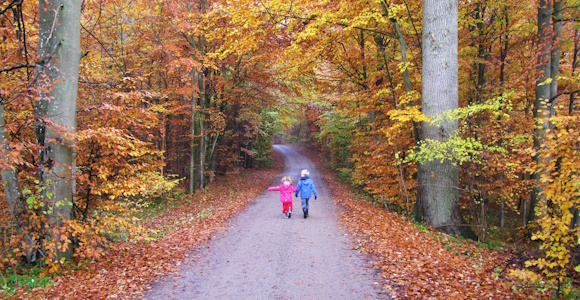SCC Elite Centre for Understanding Human Relationships with the Environment (CUHRE)

Today, climate change, biodiversity loss and pollution constitute an interlinked triple planetary crisis that needs to be tackled together to secure a greener and viable future. The technical and natural sciences are considered key players in the green transition but changing behaviour and ways of thinking and living in societies require multi-disciplinary collaborations, including the research methods, tools and knowledge from humanities and social sciences.
CUHRE contributes to a climate neutral and ecologically sustainable society by studying and boosting the population's ecoliteracy – capability and will to collaboratively restore the carbon balance and a biodiverse regenerative earth. CUHRE aims to develop and execute research projects that create the essential new knowledge and pedagogic tools about how ecoliteracy can be fostered among citizens in carbon-intensive northern European countries.
CUHRE’s fundamental claim is twofold: 1) that any effective response to the crises will involve a radical change of societies and ways of life, 2) that education must play a crucial role in the reshaping of ideas and practices on a societal scale in democratic societies.
This is the core of ecoliteracy: Understanding and changing not only views but also practices so that we can support the Earth’s ecosystems and attain climate neutrality. Through five projects CUHRE will develop novel models of how ecoliteracy can be cultivated broadly in the population.
The ambition is to become an impactful force within research on ecoliteracy, and a crucial collaborative partner when it comes to ecoliteracy initiatives in the northern European countries, inside and outside of formal schooling. To reach this goal, CUHRE brings together expertise from educational research, environmental humanities, social science and natural science, as well as collaborating with key partners outside of academia.
For more information, see CUHRE's website.
News article about the elite centre CUHRE.
PI for CUHRE: Associate professor, Michael Paulsen, Department of Media, Design, Education and Cognition, Faculty of Humanities, mpaulsen@sdu.dk
Co-PI’s for CUHRE:
Professor, Nikolaj Elf, Department of Media, Design, Education and Cognition, Faculty of Humanities nfe@sdu.dk
Associate professor, Laura Feldt, Department of Language, Culture, History and Communication, Faculty of Humanities, lfeldt@sdu.dk
Associate professor, Julie Emontspool, Department of Business & Management, Faculty of Business and Social Sciences
Associate professor, Jane Ebsen Morthorst, department of Biology, Faculty of Science, jamor@biology.sdu.dk
Professor, Connie Svabo, Department of Mathematics and Computer Science, Faculty of Science, svabo@imada.sdu.dk
Professor Ane Qvortrup, Department of Media, Design, Education and Cognition, Faculty of Humanities, anq@sdu.dk
Associate professor, Sara Mosberg Iversen, Department of Media, Design, Education and Cognition, Faculty of Humanities, siv@sdu.dk
Professor, Søren Frank, s.frank@hum.ku.dk